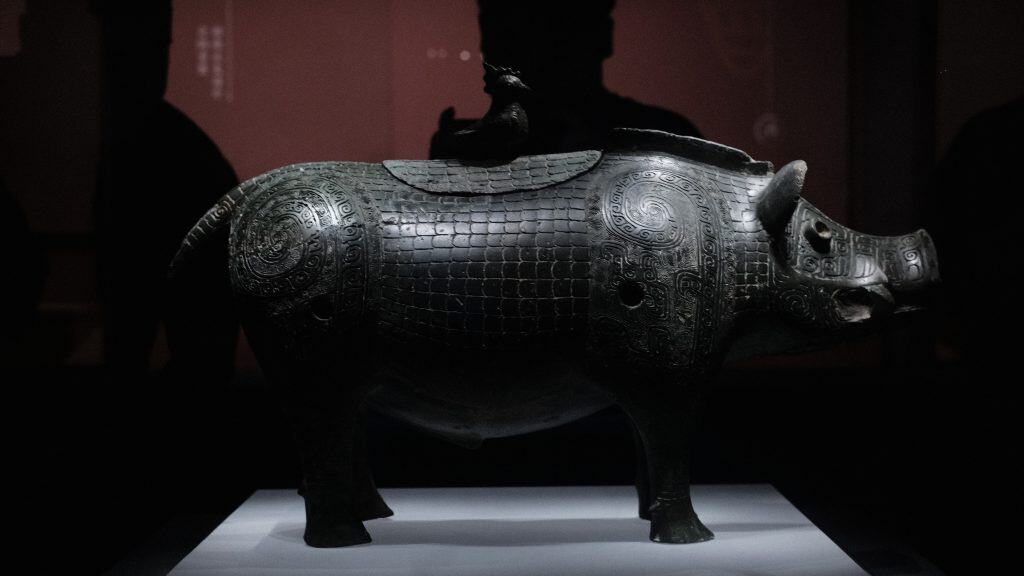China, a country with a 5,000-year-old civilization, retains its deep cultural traditions while embracing the vibrancy of modern urban life. Whether you’re here for a short visit or a long-term stay, living in China will be a journey full of discovery and surprises. This article provides a comprehensive guide to help you understand how to live in China and what life here is like.

1. Culture and Society: Embracing a Colorful Lifestyle
China’s society is known for its diversity and inclusiveness. Traditional values such as “li” (respect) and “he” (harmony) are evident in daily life, such as greeting with a handshake or using honorifics in formal settings. Traditional festivals like the Spring Festival and Mid-Autumn Festival are great opportunities to experience Chinese culture, where you’ll see lanterns hung high and families gathering in warm reunions.
Immersive Experiences: Deep Integration
- Live in local youth communities, participate in shared activities, and build deep connections with Chinese youth.
- Cultural workshops offer courses on paper-cutting, pottery, and tea ceremonies.
- Language exchanges encourage mutual language learning with locals, enhancing cultural understanding.
- Festival participation is recommended, such as joining the Water Splashing Festival in Yunnan or the Nadam Fair in Inner Mongolia.
Recommendation
Learn basic social etiquette, such as saying “thank you” when receiving gifts, which will help you integrate into local life more quickly. Chinese people are generally friendly to foreigners, and maintaining an open mindset will help you gain more friendships.
2. Language and Communication: Bridging the Language Gap
Mandarin Chinese is the primary language. Learning simple phrases like “nǐ hǎo” (hello), “qǐng” (please), and “duì bù qǐ” (sorry) can make daily life smoother. In major cities like Beijing and Shanghai, English is more commonly used in tourist areas and international settings, but in remote areas, translation tools may be necessary.
Recommendation
Carry a mobile translation app or take a short Chinese course. Language not only aids communication but also deepens your understanding of Chinese culture.
Recommended Apps
- Youdao Translator
- Baidu Translator
Social Phrases 300

3. Food and Cuisine: A Feast for the Senses
China’s culinary culture is diverse and colorful. Sichuan cuisine is known for its spiciness, Cantonese for its lightness, and northern dumplings for their richness—each bite is a delightful surprise. Street foods like Jianbing (Chinese crepes), barbecue, and the bustling night markets add flavor to everyday life.
Recommendation
Be adventurous with local cuisine, learn to use chopsticks, and wait for the host’s invitation before starting to eat. Don’t miss out on classics like Peking Duck or Shanghai Xiaolongbao.
Regional Snacks
- Beijing: Zhajiangmian (noodles with soybean paste), Douzhi (fermented mung bean milk).
- Sichuan: Hotpot, Mapo Tofu.
- Guangdong: Dim Sum, Roast Goose.
- ……
4. Transportation and Travel: Efficient and Convenient Mobility
China’s transportation system is highly developed. Subways and buses in cities are affordable and extensive, while taxis and shared bikes are readily available. High-speed trains connect major cities quickly and comfortably, making them the preferred choice for travel.
Recommendation
Download “Alipay” or “WeChat” for mobile payments and purchase a transportation card (e.g., Beijing’s “Yikatong”) for easier commuting. If driving, obtain a Chinese driver’s license in advance and familiarize yourself with local traffic conditions.
5. Accommodation and Living: Finding Your Home Away from Home
Short-term visitors can choose hotels or guesthouses, with Airbnb being popular in cities. Long-term residents can rent apartments or live in youth or digital nomad communities.
Recommendation
Use reputable agencies for renting and carefully review contract terms. China’s housing options are diverse, from high-rise buildings to traditional hutongs—there’s something for everyone. For a more local experience, consider staying in community-based accommodations.

6. Health and Medical Care: Ensuring Peace of Mind
Hospitals in major Chinese cities are well-equipped, with many offering international departments and English services. Pharmacies are widespread, making it easy to purchase common medications.
Recommendation
Purchase health insurance and carry essential medications. Drink bottled water and maintain food hygiene to stay healthy.
Health Insurance and Essential Medications
- Cold medicine, pain relievers, band-aids, anti-inflammatory drugs, etc.
7. Safety and Legal Matters: The Foundation of a Secure Life
China has a high level of public safety, with extensive street surveillance making it safe to walk at night. Foreigners are required to comply with visa regulations and public order laws.
Recommendation
Carry a copy of your passport and remember emergency numbers (police 110, ambulance 120). In case of issues, contact your embassy.
Conclusion
Living in China, you’ll experience the blend of ancient and modern, the contrast between tranquil countryside and bustling cities. The people are warm and welcoming, and the pace of life varies—there’s always a corner that suits you. Whether you’re exploring the Great Wall or strolling by West Lake, an open mind and a spirit of exploration will make you fall in love with this place.
We hope this guide helps you live more smoothly and happily in China.
发表回复